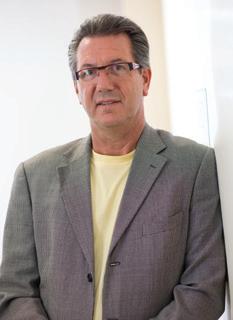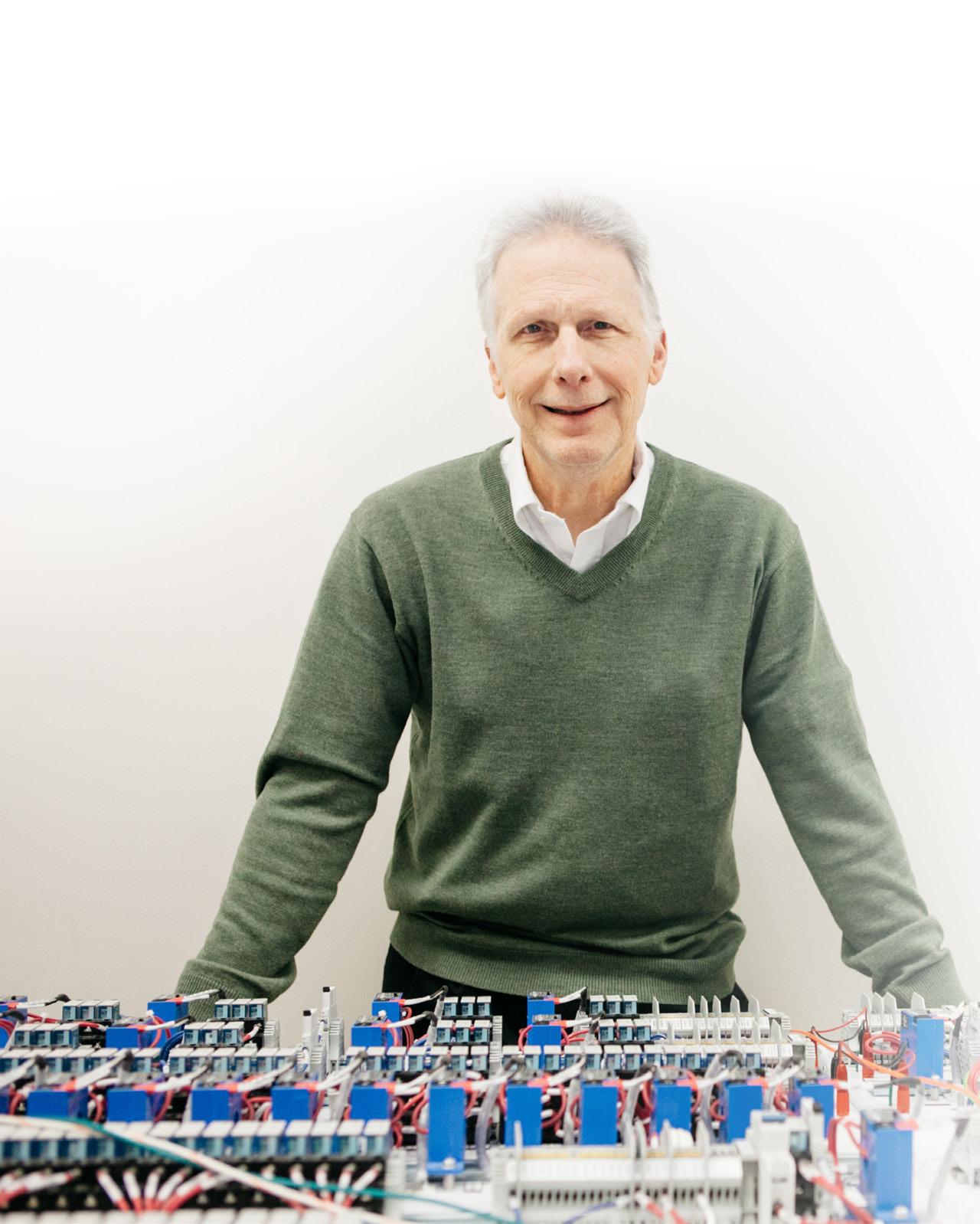
6 minute read
ON THE COVER Case Engineers Council: Building an engineering community on campus
Case Engineers Council:
Connecting engineering departments, campus organizations and students who are passionate about engineering
Advertisement

From bottom to top, left to right:
Row 1: Steve Ruan, Darshan G. Parikh, Paul Advincula, Rachel Swanson, Sarah Mortier
Row 2: David Rodriguez, Noah Tietsort, Humza Khan, Connor Mulcahy, Abigail Cawoski, Matthew Parulski, Aaron Weinberg

Row 3: Guillermo Fiallos, Eric Miller, Thomas Ugras, Rueben Dockery, Akincan Basar, Andrejs Albertins
Row 4: Christian Lytle, Steven Su, Jeremy Zalles, Karyn Ludewig, Alex Monier, Nicole Tartaglia, Emily Szabo, Kim Steere
Not Pictured: Jessica Qian, Robert Stark, Connor Kiernan, Catherine Boulos, Jeshrene Enerio, Quinten Hutchison, Phoebe Huang, Jonathan Henley, Samantha Miller, Vo Tri Tin Pham, Gillian Tierney, Eric Dong, Abhenav Murthy, Ke Ren, Serena Lai, Ramya Palaniappan
Ideate. Create. Innovate.
Building an engineering community across campus. Connecting students to alumni and industry professionals. Collaborating with faculty and corporate relations through discussions, lectures, community outreach, social events and networking. Developing professional skills and mentoring others. These are just some of the activities that members of the Case Engineers Council focus on each year.
“Originally, the Case Engineers Council wanted to be an umbrella organization for all of the engineering organizations. CEC has shifted to focusing on building the engineering community by hosting events and through networking,” said Jessica Qian, a third-year biomedical engineering major from Chicago and president of the CEC.
Today the organization helps its members work on professional development and leadership skills. The CEC collaborates with university organizations, including developing a mentor/mentee program to create more unity within the club. Coordinating all the activities surrounding about a week-and-a-half dedicated to celebrating the profession of engineering, known nationally as Engineers Week, is still the primary focus of the group. CEC receives some funding from the Case Alumni Association for the event and works together with the staff to host a celebratory reception that attracts nearly 650 people each year.




The National Engineers Week Foundation, a formal coalition of more than 100 professional societies, major corporations and government agencies, is dedicated to ensuring a diverse and well-educated future engineering workforce by increasing understanding of and interest in engineering and technology careers among students. Engineers Week activities raise public understanding and appreciation of engineers’ contributions to society, as well as enables the students to celebrate the field of engineering through friendly competition, social events, excellent speakers and a culminating Engineers Week event.
Ideate. Create. Innovate.
Case Alumnus sat down with students from the Case Engineers Council to talk about the organization, its role and how students benefit from participating in the group. The students also discussed their involvement and planning of the Engineers Week networking event, which this year features keynote speaker Janet Kavandi, director of the National Aeronautics and Space Administration’s John H. Glenn Research Center in Cleveland, Ohio.
In addition to CEC President Jessica Qian, joining the discussion was Paul Advincula, vice president of external affairs; Darshan Parikh, vice president of internal affairs; and Rachel Swanson, vice president of marketing.
Case Alumnus: What do you enjoy most about CEC’s involvement with Engineers Week?
Jessica: It is a great opportunity for students to get involved with leadership on campus and learn how to plan events and take responsibility for something so big. It is something they can plan and be proud of. Networking with alumni and faculty in planning the reception, our students get to meet people and other students they might not otherwise get to know in the classroom alone.
CA: There always seems to be an excitement surrounding the event, especially for the students. Is there more to it than just the opportunity to get dressed up and go out?
Jessica: There is! As a broke college student, you don’t really get to do anything fancy so it is a great opportunity to feel like a real professional.
Rachel: College is a transition between childhood and adulthood, and you are on your own after college. The EWeek event is an experience that isn’t so “college,” but more professional. It’s a little taste of the world we will be in after college.


CA: What have you learned from the process of helping coordinate these events?
Paul: I think the big thing we learn is that we can’t lose sight of who we are serving and who our audience is. We are doing this because we want to interact with alumni, companies and campus organizations. I’ve learned it’s not just about the event, it’s about the people you are doing the event with.
Jessica: Our goal in CEC is to develop leaders and engineers that are well rounded. We want our students to excel in whatever industry they are in. So, by getting started on these events, thinking about how we are going to execute the event and even why we do it, you begin to understand how it will impact others, not just yourself.
Darshan: Event planning is a great way to develop soft skills that are different from planning a class project. You don’t get a grade for event planning, but you do get a sense of whether you did a good job or not.
CA: Talk about the importance of interacting with alumni and industry professionals at this event.
Rachel: It is extremely important. One of the hardest things is figuring out how to present yourself well and trying to quickly and succinctly explain who you are to someone you never met before. That is one of the areas in which I’ve grown most in these last few years.
Jessica: The networking format at the EWeek reception is not like a career fair. It is more casual where you are not looking for a job, but learning about different companies and careers. It is fun to get to know everyone without the pressure of an actual job search.
CA: What do you gain from the keynote industry speaker each year?
Paul: As a student, there is so much distance between us and these influential figures in science. We don’t often get to see their failures or learn more about their career path or see how the engineering community helped get them there. Learning those things from a speaker will impress upon us the value of building a community, people to work with and that it isn’t wrong to fail.
Jessica: It is a great opportunity for students who have big dreams or ones who aren’t quite sure of their career path to see someone who was once in their position – to see how they got to where they are and what the possibilities are. It is just as important to hear about one’s struggles as it is their successes. We want to hear about what they like about their profession and that what they are doing is rewarding.
Darshan: We want to see that adulthood isn’t boring! There is a perception that being a student is the best time in your life and that it all goes downhill from there! It helps us see that life doesn’t have to be that way. The speaker reminds us that there are many more rewarding years ahead.
Join us for the Engineers Week Reception
Thursday, Feb. 23, 2017 from 5:30-9 p.m.
Featuring Keynote Speaker Janet Kavandi, Director of NASA’s John H. Glenn Research Center InterContinental Hotel & Conference Center, 9801 Carnegie Avenue, Cleveland Register online at www.casealum.org/eweek2017











